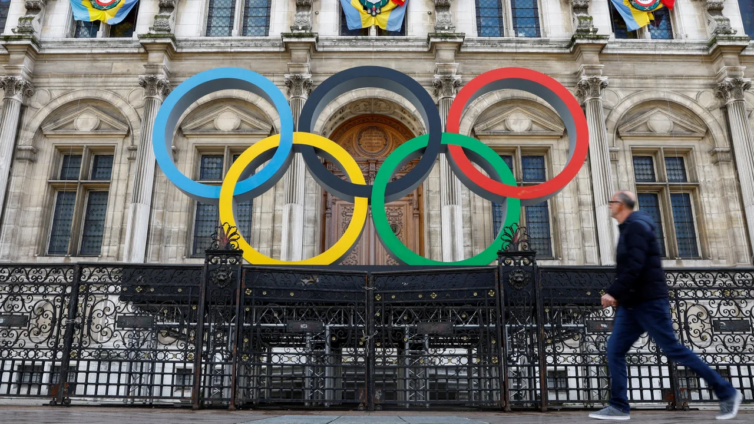The United Nations’ human rights office has criticized the French government for banning French athletes from wearing the hijab at the Paris Olympics next year.
“No one should impose on a woman what she needs to wear, or not wear,” said Maria Hurtado, spokeswoman for the UN High Commissioner for Human Rights, on Tuesday.
“In general, according to the committee on elimination of discrimination against women, any state party of the convention, in this case France, has an obligation to take all the appropriate measures to modify any social or cultural patterns which are based on the idea of inferiority or superiority of either sexes,” Hurtado added.
“Having said that, the discriminatory practices against a group can have harmful consequences. That is why according to international human right standards, restrictions of expressions of religions or beliefs such as attire choices are only acceptable under really specific circumstances that address legitimate concerns for public safety, public order or public health or morals in a necessary and proportionate fashion,” she added.
Hurtado’s comments came after French Sports Minister Amélie Oudéa-Castéra said on Sunday French athletes will not be allowed to wear a hijab at the Paris Olympics next year, arguing in favour of “a strict regime of secularism, applied rigorously in the field of sport.”
“What does that mean? That means a ban on any type of proselytising and the absolute neutrality of the public service,” Oudéa-Castera told state broadcaster France 3.
The ministry’s press office told CNN on Tuesday that the minister “simply reiterated the law,” referring to a court’s decision in June to uphold a ban on wearing the hijab during football games. According to the ruling earlier this year, “the principle of public service neutrality applies to sports federations which are in charge of a public service.
The ministry said that “in accordance” with that ruling, “French teams are subject to the principle of public service neutrality, from the moment they are selected to this end in all national and international competitions.” “Thus, one cannot wear a headscarf (or any other accessory or outfit demonstrating a religious affiliation) when representing France in a national or international sporting competition,” it added.
She added the rules applying to other athletes will be set by each international federation, under the supervision of the International Olympic Committee (IOC).
“There will be heterogeneity between sports,” the French minister added.
Latest Stories
-
George Twum-Barimah-Adu pledges inclusive cabinet with Minority and Majority leaders
9 mins -
Labourer jailed 5 years for inflicting cutlass wounds on businessman
10 mins -
Parliament urged to fast-track passage of Road Traffic Amendment Bill
10 mins -
Mr Daniel Kofi Asante aka Electrician
11 mins -
Minerals Commission, Solidaridad unveils forum to tackle child labour in mining sector
16 mins -
Election 2024: Engagement with security services productive – NDC
17 mins -
‘Let’s work together to improve sanitation, promote health outcome’ – Sector Minister urges
19 mins -
Ellembelle MP cuts sod for six-unit classroom block at Nkroful Agric SHS
22 mins -
‘I’ll beat the hell out of you if you misbehave on December 7’ – Achiase Commanding Officer
24 mins -
AFPNC leads the charge on World Prematurity Day 2024
30 mins -
Court remands unemployed man over theft of ECG property
36 mins -
Election security rests solely with the police – Central Regional Police Command
38 mins -
NCCE engages political youth activists at Kumbungu on tolerance
39 mins -
‘In Mahama’s era students lacked chalk, but are now receiving tablets’ – Bawumia
48 mins -
Project commissioning not a ploy to attract votes – Oppong Nkrumah
50 mins

